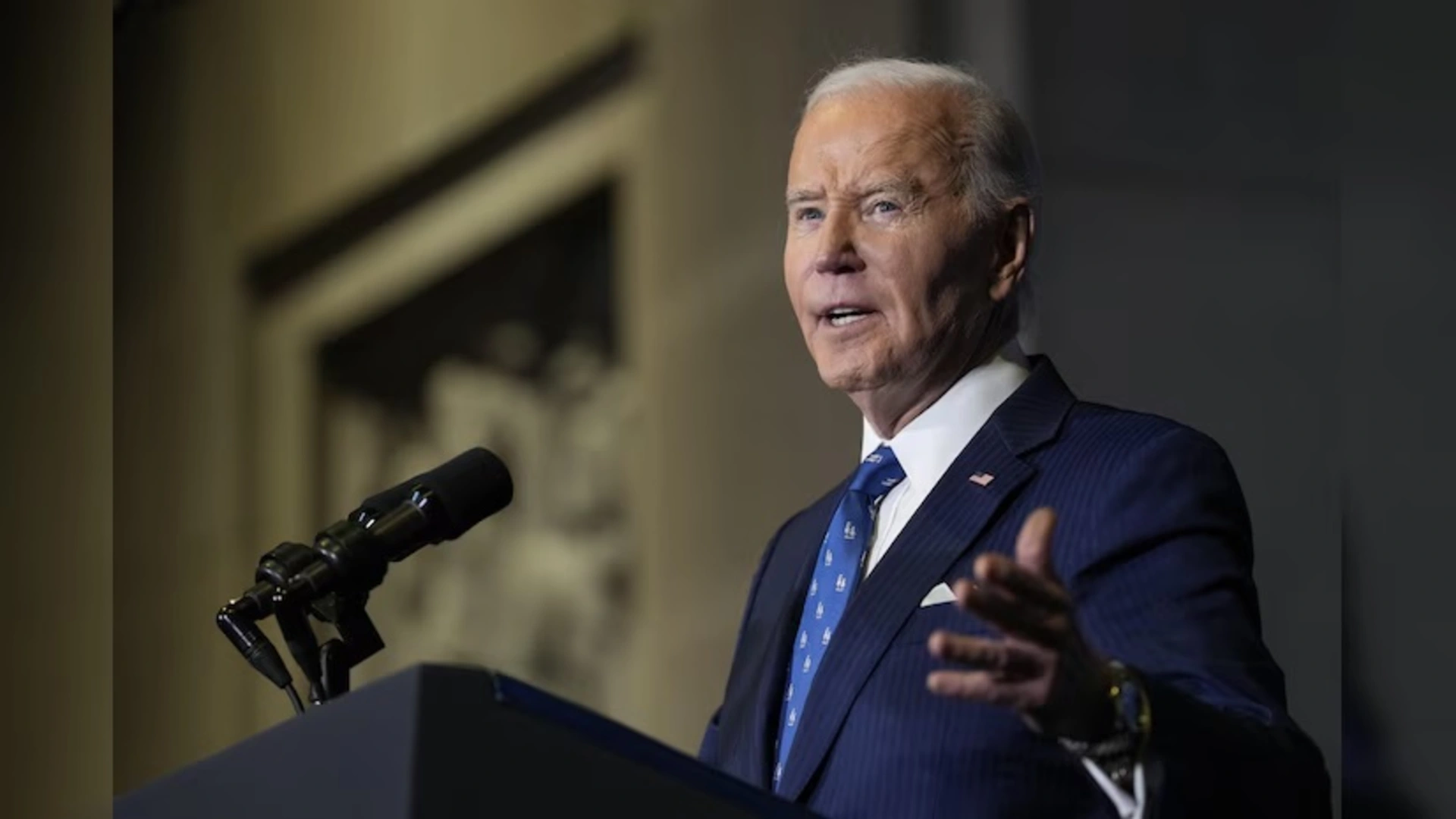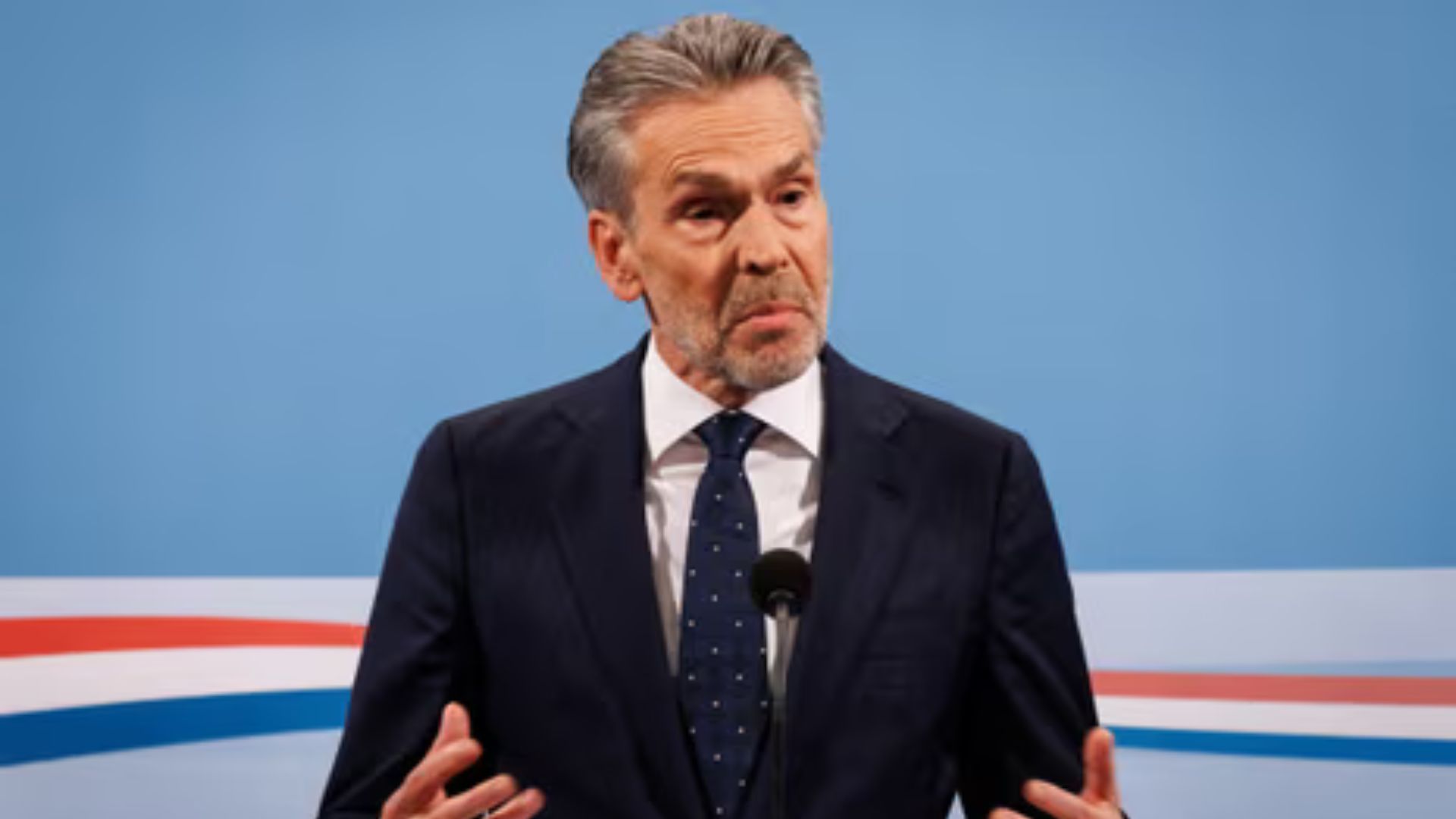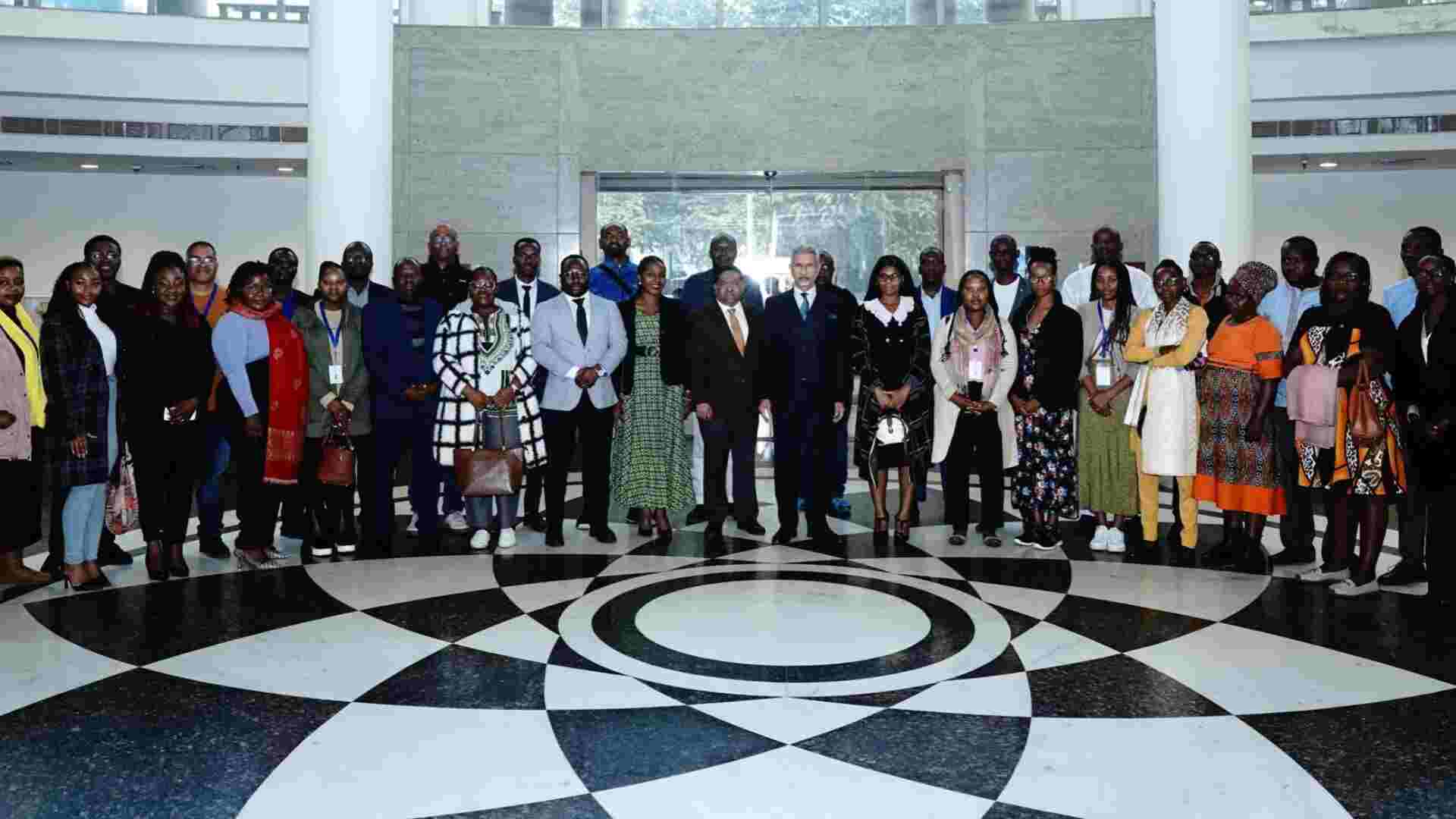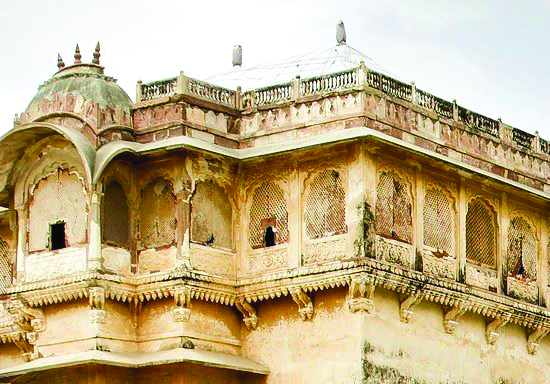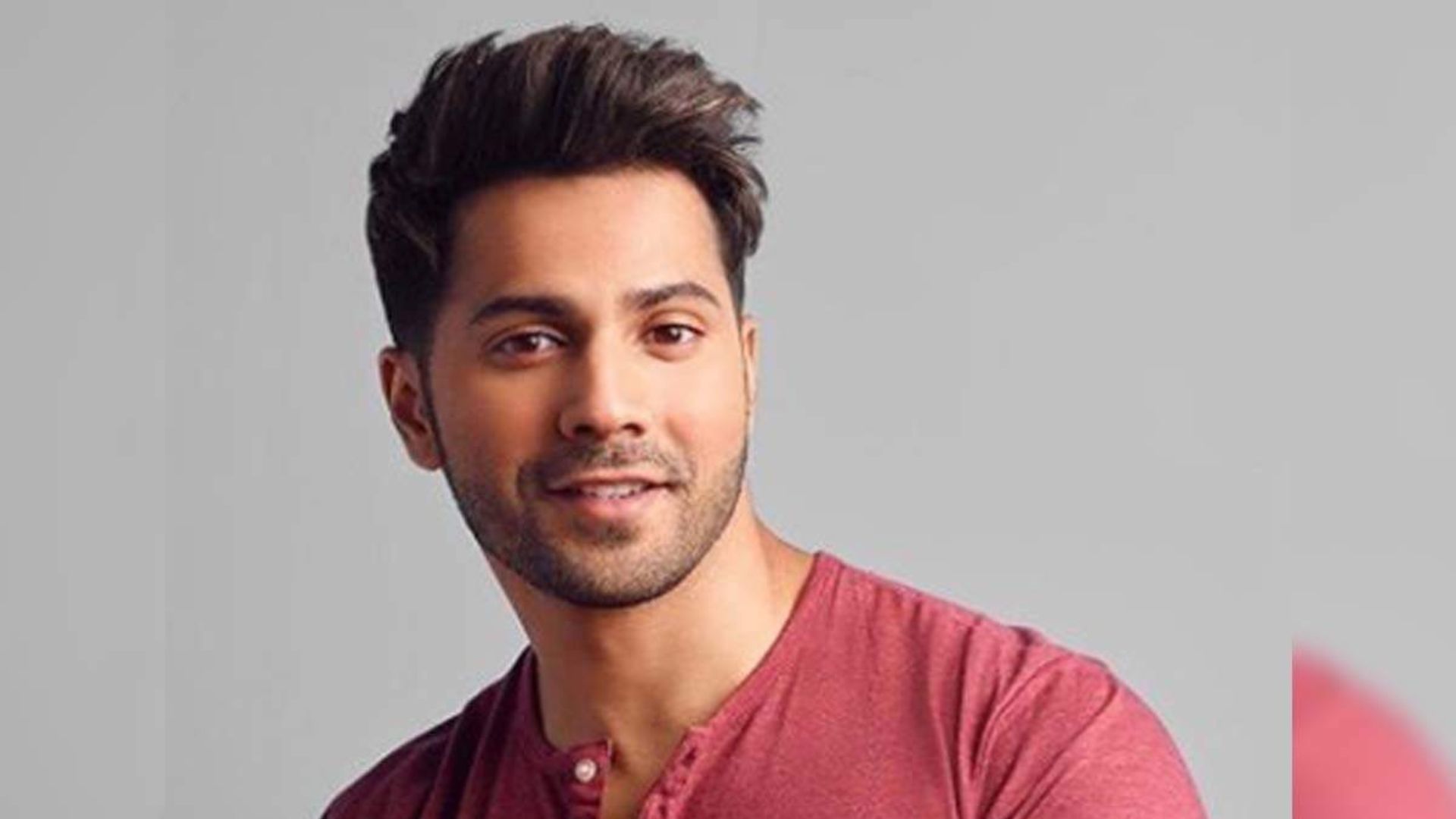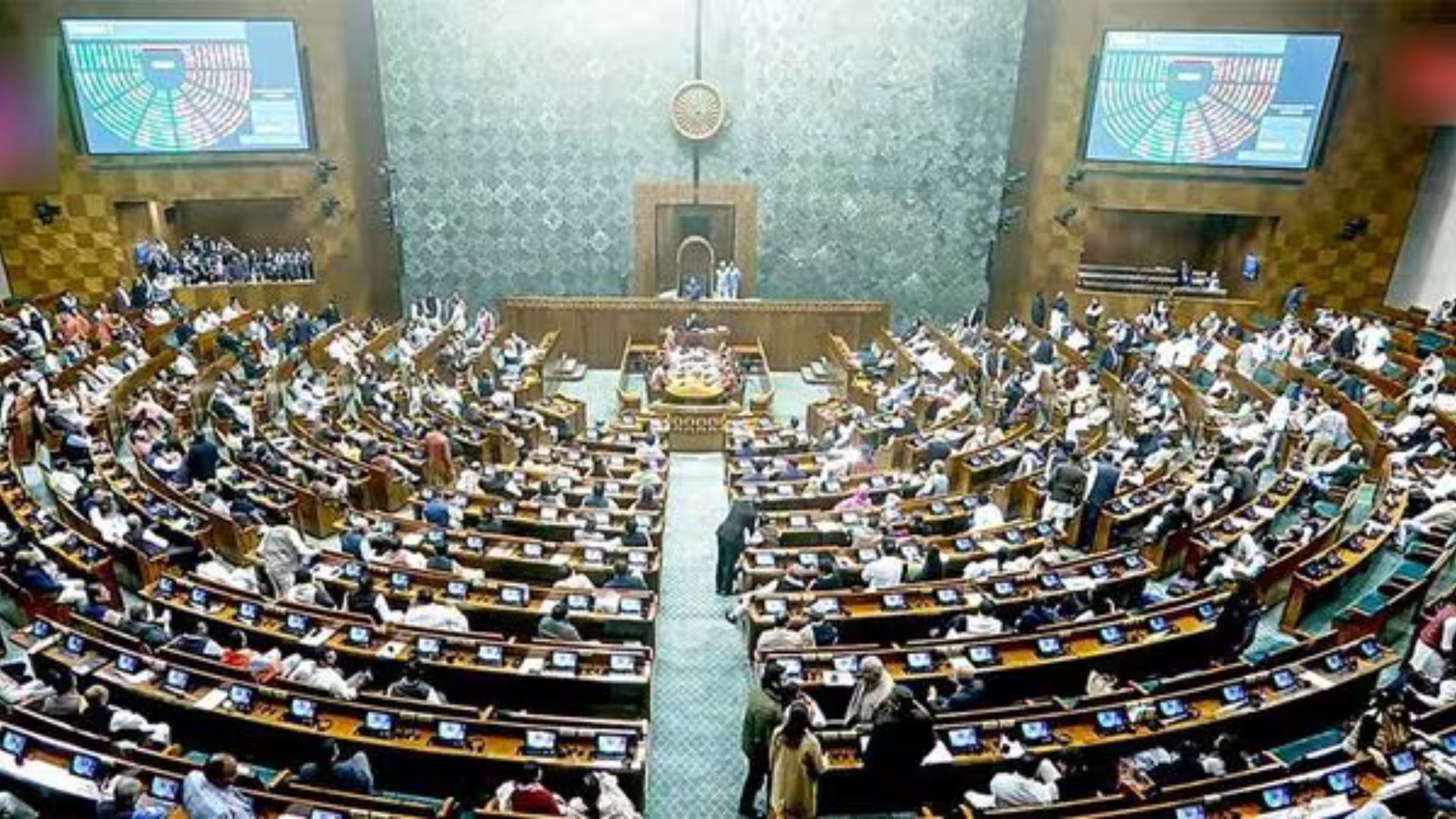
Now that the One Nation One Election bill—the 129th Amendment Bill to the Constitution—has been tabled in Parliament, it is time to give the proposal a serious look. It is sagacious to have sent the Bill to a Joint Parliamentary Committee, and give a deadline of 90 days to complete the discussions. The plan to ensure that all elections, starting with the general and state Assembly elections, are held simultaneously, will be a game changer if implemented properly. It will ensure a reduction in poll expenditure as well as the elimination of any disruption in governance caused by the implementation of the Model Code of Conduct a month ahead of every election. For every government with a tenure of five years, almost half a year is wasted in preparing for elections, the time during which governance takes a hit, with officers often sitting on files and delaying decisions as they adopt a wait and watch policy until a new government is in place.
Additionally, too many elections take place in a year, which is best avoided. 2024 saw three major elections spread out for months—the Lok Sabha elections; Haryana and Jammu & Kashmir Assembly elections; and the Maharashtra and Jharkhand elections. The 2024 election cycle started soon after the elections of Madhya Pradesh, Rajasthan and Chhattisgarh in November-December 2023. As 2024 goes into 2025, there will be Delhi elections around February, and Bihar around October. 2026 is of course another big year for elections, with states such as Assam, Kerala, West Bengal, Puducherry and Tamil Nadu going for voting. Along with these major elections, count in the innumerable bypolls and the local body polls that take place in some corner of the country or the other regularly. If this continues, India will be in a constant state of polling for the foreseeable future. So having ONOE makes sense, but the problem is in implementing it.
The Opposition claims that this will require the dissolution of as many as 17 Assemblies, which is a huge number and will result in the wastage of resources spent to bring those governments in power. However, this one-time disruption may be needed to streamline the electoral process under ONOE.
While a debate is ongoing in Parliament if One Nation One Election is breaching the basic structure of the Constitution, the fact is that the Constitution will have to anyway be amended to implement ONOE because it will require state Assemblies with stable governments to be dissolved even when they have several months or years left of their tenure. The Opposition claims that this will require the dissolution of as many as 17 Assemblies, which is a huge number and will result in the wastage of resources spent to bring those governments in power. However, this one-time disruption may be needed to streamline the electoral process under ONOE. The bigger question is what happens if a government falls ahead of time. Also, if a Central government falls prematurely, will all the states have to go for another simultaneous election? These issues being flagged by the critics of ONOE are legitimate concerns and must be addressed.
The supporters of ONOE say that if a government falls, provision has to be made that an election can be held for the remaining tenure and not for a full five-year term, like the byelections held in case of a Lok Sabha or Assembly constituency falling vacant. But in that case, the same issue of frequent elections, humungous expenditure and disruption of governance will come into play. There is another suggestion that every no-confidence motion that unseats a government must be accompanied with a confidence motion where another government comes to power mandatorily. In fact, the second solution was suggested by the Law Commission in a 2018 report. The view is that if the dissolution of a government does not ensure a full five-year term in power, then the legislators are less likely to try and pull down a government. Essentially, the provision must be made for an alternate government for the remaining part of the tenure, instead of going for a humungous election process.
ONOE has its benefits, but should not be sacrificed at the altar of politics. The Opposition in particular will not be willing to give up its state governments prematurely. However, ONOE has its own benefits and must be considered by all parties rising above politics. Members comprising the JPC who will debate ONOE need to look at the issue from the perspective of greater good and not from the narrow prism of party politics. India already has a robust electoral mechanism. What is needed now is eliminating the wastage of time and resources by conducting major elections every year. But for that there must be consensus. No party or alliance should be made to feel that they have been cheated out of their due stint in power.

